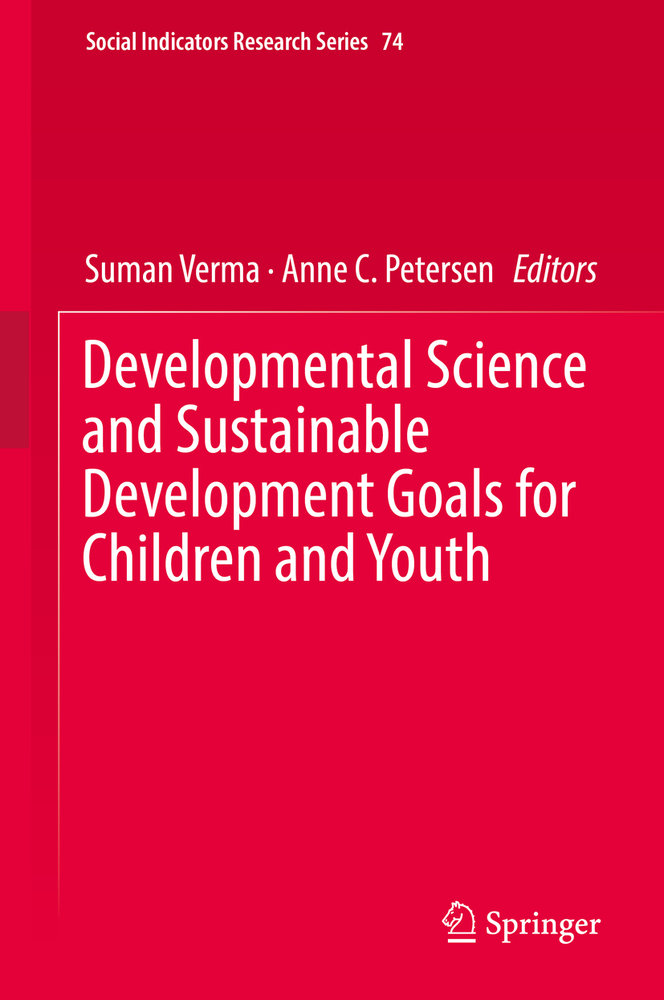This book presents new scientific knowledge on using developmental science to improving lives of children and youth across the globe. It highlights emerging pathways to sustainability as well as the interconnectedness and interdependence of developmental science and sustainable children and youth development globally. Presenting cross-cultural views and current perspectives on the role of developmental science in the realization of the Sustainable Development Goals for children and youth development, contributors from different disciplines from low-and-middle-income countries or scholars working in these countries capture ground realities of the situation of children and youth in these regions. This book addresses developmental issues related to inequity, gender, health, education, social protection, and needs of vulnerable populations of children and youth. Other areas of focus are improving mechanisms and monitoring frameworks of development and well-being indicators.



